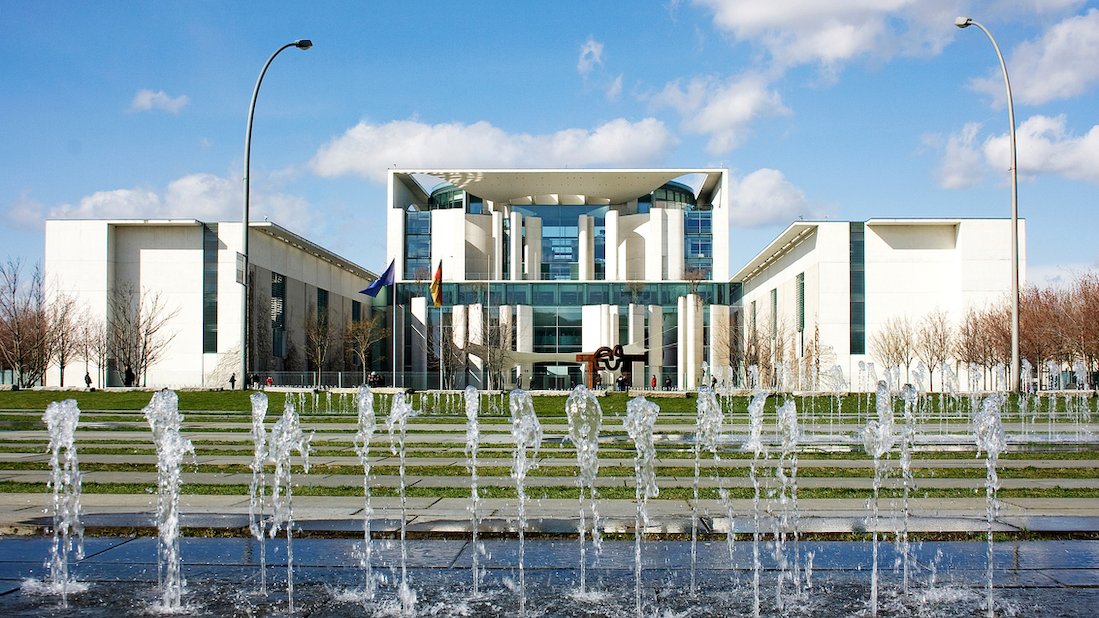Political science
Political science deals with the institutions of state and society, political systems, their effects on the economy and society as well as international relations

Overview of the academic discipline
Political science examines how political and social ideas are implemented organisationally and legally in the state, institutions and parties, but also in international relations. They are concerned with how various interest groups exert influence and in what forms political decision-making takes place.
Important auxiliary and secondary subjects are history, sociology, constitutional law and economics.
Which topics are included in the curriculum?
When you study political science, you will learn how political and social structures work.
- The programme includes modules on political theory and the history of ideas, for example, in which fundamental concepts such as democracy, authority and justice are examined.
- You will also analyse political institutions and systems in order to understand how governments work and what decision-making processes take place.
- In the field of international relations, you will deal with foreign policy, global conflicts and the role of international organisations.
- Methods of empirical social research such as surveys or data analyses will help you to systematically investigate political phenomena.
Depending on the university, supplementary modules in subjects such as history, communication studies, philosophy, law, economics or sociology are offered in the Master's programme.
What are the requirements?
You should have a keen interest in political and social issues and enjoy thinking analytically and grasping complex interrelationships. Good language skills, especially in English, are important, as many scientific texts and discussions are internationally orientated. An affinity for data and its analysis is an advantage. A sound knowledge of politics/social studies, economics/law and history is also helpful.
What study programmes are there to choose from?
The subjects in this area include not only political science, but also international relations, political and social sciences and specialised Master's courses in development policy and peace and conflict research.
What job opportunities are there after graduation?
The range of possible fields of application is wide; job opportunities arise, for example, in
- Federal and state ministries
- Political parties and as an assistant to members of parliament
- International organisations and in development cooperation
- Foundations and institutions for political education
- Adult education institutions
- Media companies
- Trade unions and business associations
- Management consultancies
- Libraries, archives and documentation centres
- Election and opinion research institutes.
